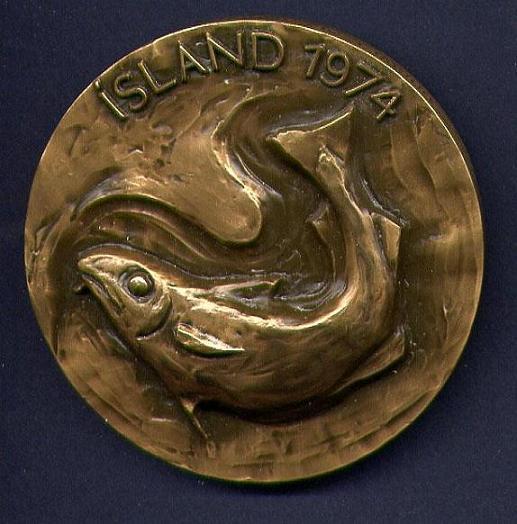Submarines: Terrorist Vehicle of Choice
From their earliest conception to their WWI deployment submarines have been despised as weapons of sneaky people with no conscience or remorse. In some actions of state the point has been well-argued indeed. Certainly, it can come as no surprise then when leaders of highly lucrative, international crime rings adopt submarines as an alternative mode for narcotics delivery. Here is a BBC NEWS report of a sophisticated, steel sub (with few photos) dating from September, 2000. The 98-foot sub, raided before deployment would have been capable of easily transporting 200 tons of cocaine or heroine (valued at over $1-billion). More recently, and less expensively, police raided a smaller, 26-foot fiberglass sub with a capacity of 10 tons of drugs (only $200-million).
Besides lawyers (not all of them, though) the sneakiest threat without conscience or remorse is "Islamo Slamo" terrorists. Their U.S. trained engineers have also considered the cost / benefit analysis of the submarine alternative for nuke delivery and major, suicide torpedo attacks. What is worse, their off-brand of Islam permits any tactic, including drug trafficking, to prevail against "satanic" enemies, such as the U.S. and virtually every other non-dictatorial state.
The U.S. Dept. of State had this to say about the terrorist Narco connection: Al-Qaida - Since it transferred its base of operations to Afghanistan, al-Qaida has been sustained by a government that earned a substantial part of its revenue through taxes on opium production and trafficking. Afghanistan's opiate trafficking, which accounts for more than 70 percent of the world's supply, was reportedly advocated by Osama bin Ladin as a way to weaken the West. Tri-Border Islamic Groups -- In Ciudad del Este, Paraguay, and along the loosely controlled region that it borders with Brazil and Argentina, members of radical Islamic groups are reported to be engaged in drug trafficking, money laundering, intellectual property rights piracy, alien smuggling and arms trafficking. One such individual is Said Hassan Ali Mohamed Mukhlis, a suspected member of the Egyptian Islamic Group with possible ties to Osama bin Laden. This group is linked to the murder of 58 tourists in Luxor, Egypt. There often is a nexus between terrorism and organized crime, including drug trafficking. Links between terrorist organizations and drug traffickers take many forms, ranging from facilitation -- protection, transportation, and taxation -- to direct trafficking by the terrorist organization itself in order to finance its activities. Traffickers and terrorists have similar logistical needs in terms of material and the covert movement of goods, people and money. Relationships between drug traffickers and terrorists benefit both. Drug traffickers benefit from the terrorists' military skills, weapons supply, and access to clandestine organizations. Terrorists gain a source of revenue.
Asa Hutchison wrote about the terrorist link to narcotics for the Heritage Foundation. Many, many more credible sources are available for the thinking American. Obviously, secret countermeasures are already in place to combat the deadly threat. For a good page turner, try
The Tiger Cruise by former sailor, Richard Thompson.


0 Comments:
Post a Comment
<< Home